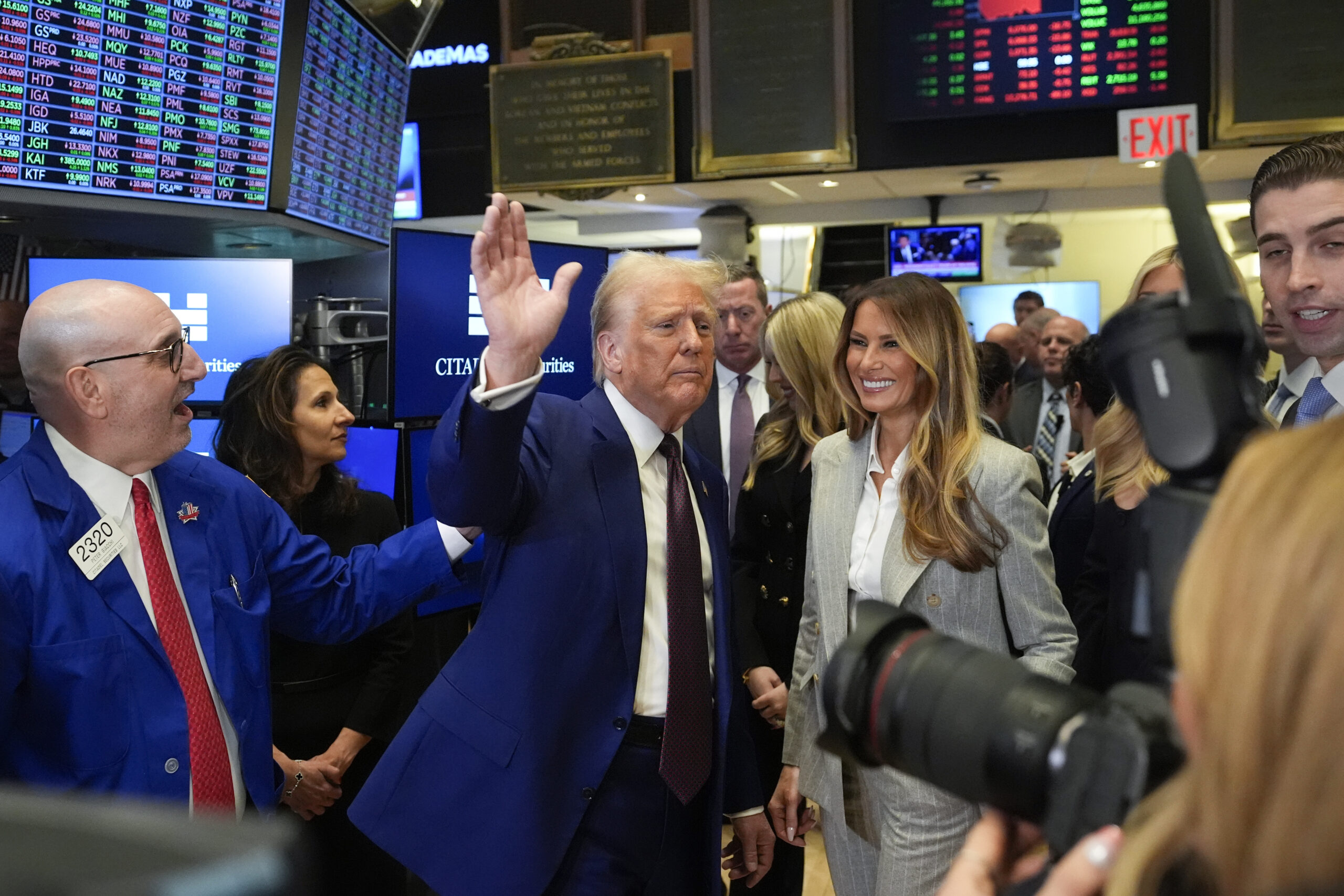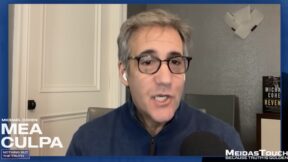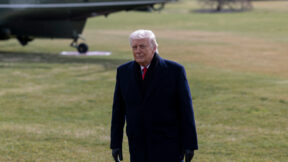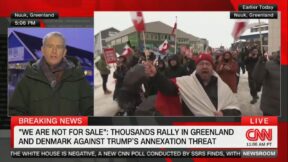Moody’s Chief Economist Rains on Trump Tariffs Pause Parade: ‘Still Put the Odds of a Recession This Year at 60%’

(AP Photo/Alex Brandon)
Mark Zandi, the chief economist for Moody’s Analytics, rained on the relative optimism in the market after President Donald Trump announced his intention to lower tariffs on imports from most countries — and raise them on China — Wednesday, revealing that he still believes a recession is likely this year.
Last week, Trump revealed that he was imposing sweeping levies on good and services from around the world, inspiring a stock market panic downturn and global economic anxiety. Then on Wednesday, Trump announced his administration would be entering into trade deal negotiations with much of the world over the next 90 days and lowering tariffs in the meantime.
While Zandi characterized the decision “encouraging,” he also suggested that this was hardly a cure-all.
“It was encouraging to see the President reverse himself on the so-called ‘reciprocal’ tariffs yesterday, but I wouldn’t take much solace in it as the global trade war continues to rage,” wrote Zandi on X Thursday. “I still put the odds of a recession this year at 60%.”
He continued:
Fortunately, the President appears sensitive to the turmoil in financial markets and what he hears from investors and business leaders. It is also a plus that Treasury Secretary [Scott] Bessent appears to be taking the lead on the trade war. He doesn’t seem as dug in on the tariffs as some of the others in the administration.
But I wouldn’t take much solace in this. The 125% tariffs on China, 10% on most other countries and 25% on autos, steel and aluminum put the overall effective tariff rate at more than 20% on a static basis. It hasn’t changed. And, as it is clear that U.S. trade policy is being made up on the fly, it generates lots of drama and uncertainty, which is another heavy weight on the economy.
The most worrisome aspect is the volatility in the bond markets. Long-term rates have jumped. Historically, when there is a crisis, money flows into the U.S. We are money good – the Aaa credit. Not this time. Global investors may be losing faith in the U.S. If we are no longer the global safe haven, it will cost us dearly.
— —





Comments
↓ Scroll down for comments ↓